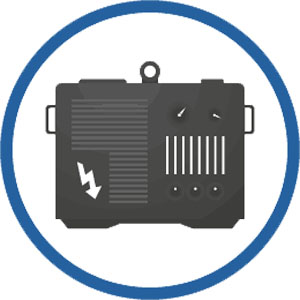Overcoming the UK Energy Gap
The UK energy gap is growing faster than anticipated. A whitepaper published by LogicaCMG, a leading provider of business services to the energy sector, predicts that energy demand in the UK could exceed supply by as much as 23% during peak times. Within ten years, this gap could cost UK businesses in excess of £108 billion each year. Reports from Parliament suggest that over the last five years businesses across England and Wales have experienced approximately 96 million unplanned power interruptions. And as pressure mounts on the already over-burdened National Grid from new infrastructure such as the 2012 London Olympic Games, the result could well be a greater number of blackouts or smaller scale fluctuations in power supplies, which will affect most IT infrastructure within a business. Blackouts are expensive for businesses. On average, each hour of a blackout costs:
- £2 for a residential household
- £800 for SMEs
- £8,500 for large industrial and commercial organisations
But businesses can avoid these costs. There are many standby power systems available on the market today, which use uninterruptible power supplies (UPS) with alternative sources of power such as batteries, generators, fuel cells or flywheels to provide both power conditioning and a backup power source should it be needed. The kind of standby power solution that businesses choose usually depends on the sensitivity of their equipment. For example, for some organisations, the effects of a power interruption, even if only for a millisecond, can severely damage their mission critical systems. Weve been helping organisations of all sizes to select the best standby power systems for their needs since 1993. By offering independent advice and acting as a one-stop-shop for standby power products, we have grown to be the largest independent supplier of standby power solutions in the UK. To find out more about standby power systems, or to talk to someone about your requirements, please call 01488 680 500 or contact us here.


























